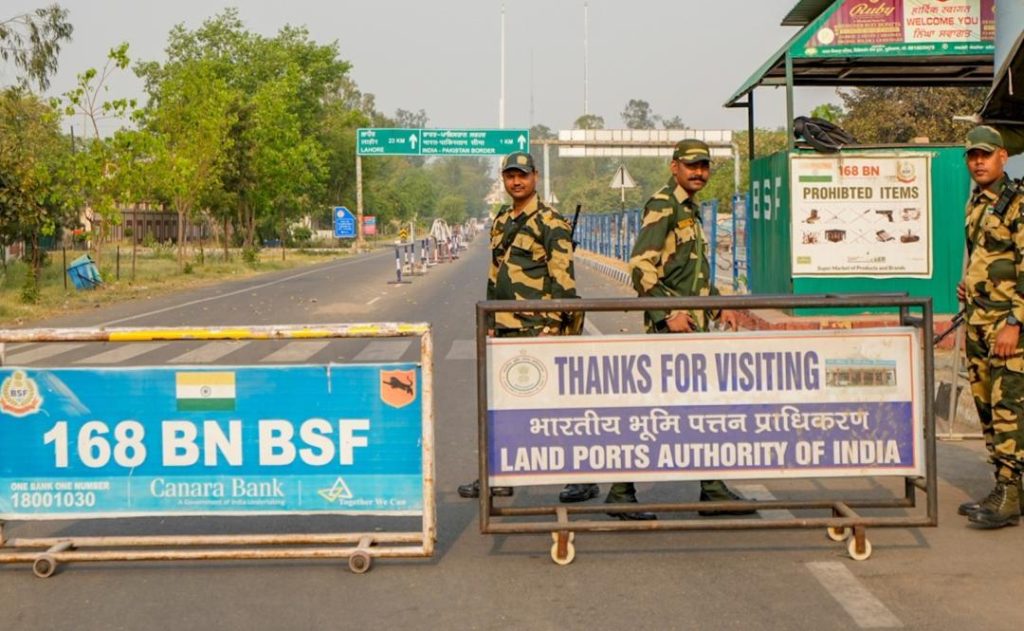
Attari-Wagah Border Between India & Pakistan Completely Closed
The Attari-Wagah border, a vital crossing point between India and Pakistan, was completely closed on Thursday, leaving many wondering about the sudden move. According to reports, no person from either side crossed to the other side on Thursday, a stark contrast to the usual hustle and bustle that characterizes this border.
The development comes in the wake of a series of events that have heightened tensions between the two nations. Just recently, Pakistan had shut the border and stopped accepting its citizens who were being deported by India. The decision was taken after India had deported a large number of Pakistani nationals who were found to be involved in various illegal activities.
However, the mass deportations were sparked by a tragic event that shook the nation. On October 8, a terror attack in Pahalgam, Kashmir, left 26 tourists dead. The attack was carried out by terrorists who infiltrated from across the border. In the aftermath of the attack, India had taken a firm stance against Pakistan, accusing it of supporting the terrorists.
The closure of the Attari-Wagah border is seen as a significant escalation of tensions between the two nations. The border, which is located about 30 kilometers from Amritsar, is a major crossing point for goods and people between India and Pakistan. The closure of the border is likely to have a significant impact on trade and commerce between the two countries.
The move is also seen as a response to Pakistan’s decision to shut its border and stop accepting deported nationals. India had been deporting Pakistani nationals who were found to be involved in various illegal activities, including terrorism. Pakistan had been accepting these individuals, which had led to concerns that they were being allowed to return to the country and continue their illegal activities.
The closure of the Attari-Wagah border comes at a time when India and Pakistan are already engaged in a bitter diplomatic row. The row began after India revoked the special status of Jammu and Kashmir, a move that was seen as a major setback for Pakistan. Pakistan had been claiming sovereignty over the region and had been accusing India of human rights abuses.
The situation on the ground is already tense, with both countries having deployed additional troops to the border. The Indian army has been conducting regular flag meetings with the Pakistani army to try and defuse the situation. However, the closure of the Attari-Wagah border is likely to further escalate tensions, making it difficult for diplomats to find a solution to the crisis.
The closure of the Attari-Wagah border is also seen as a major blow to the economies of both countries. The border is a major crossing point for goods and people, and the closure of it is likely to have a significant impact on trade and commerce. The Indian government has been trying to promote trade and commerce with Pakistan, but the closure of the border is likely to make it difficult to achieve this goal.
In conclusion, the closure of the Attari-Wagah border between India and Pakistan is a significant development that has the potential to escalate tensions between the two nations. The move is seen as a response to Pakistan’s decision to shut its border and stop accepting deported nationals, and is likely to have a significant impact on trade and commerce between the two countries. The situation on the ground is already tense, and it will be difficult for diplomats to find a solution to the crisis.






